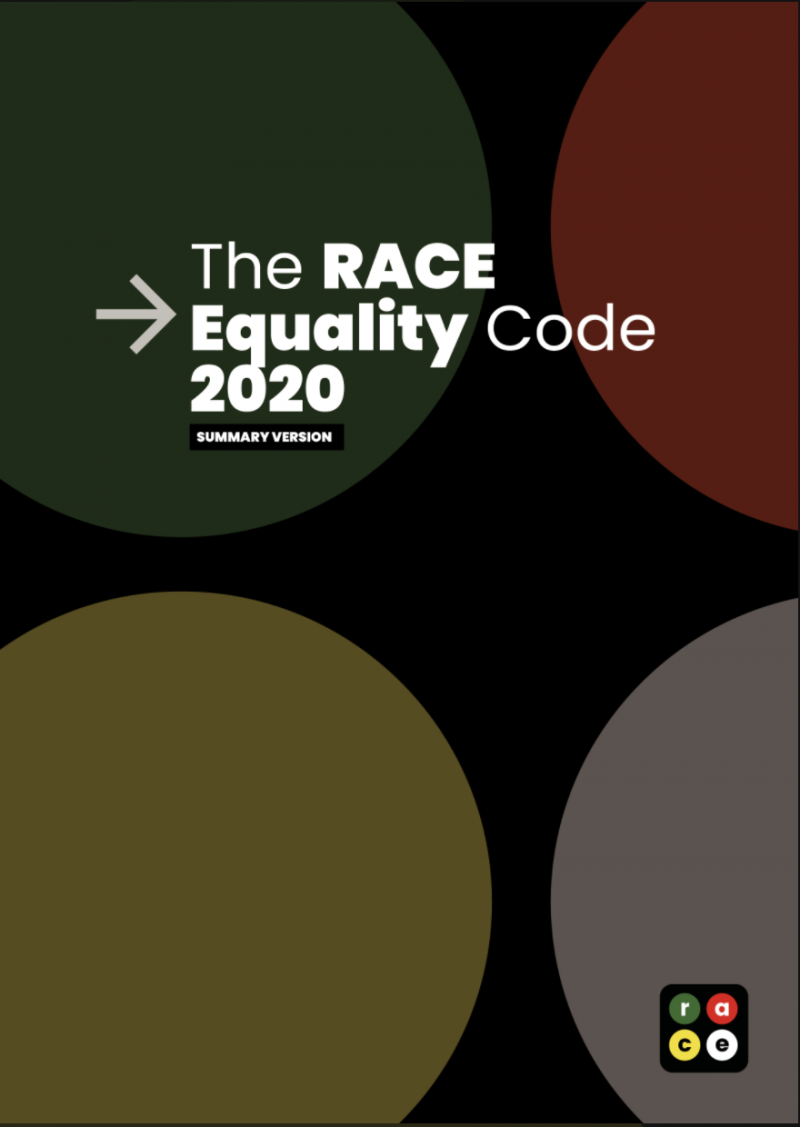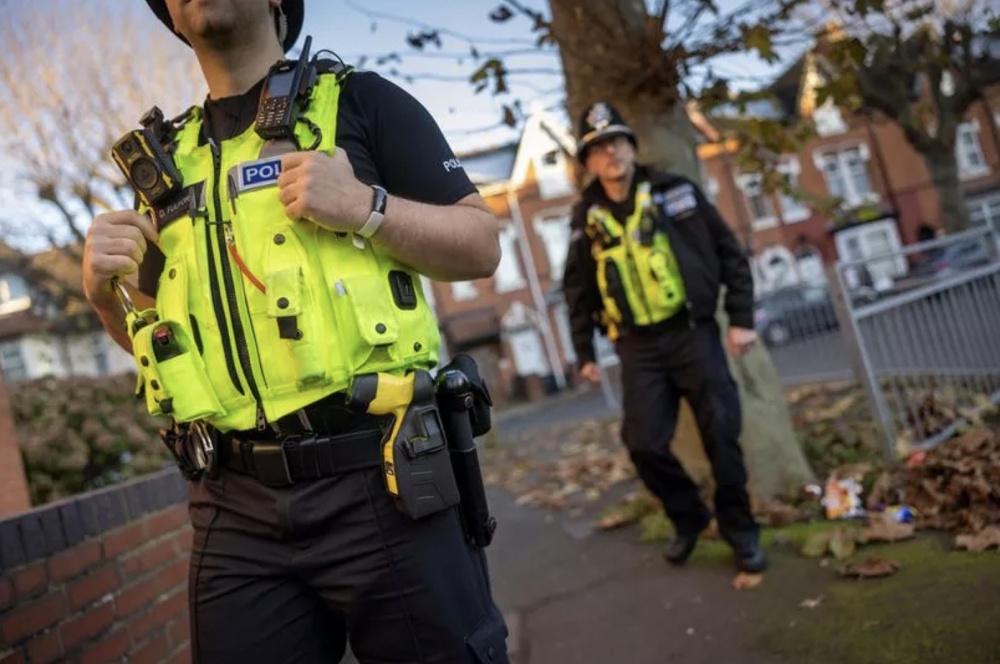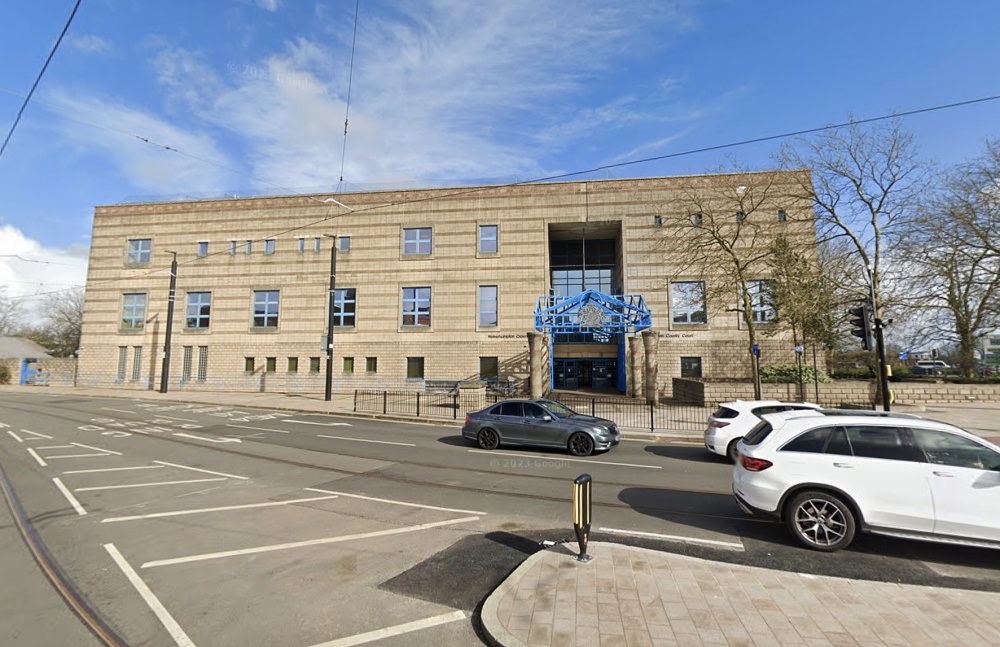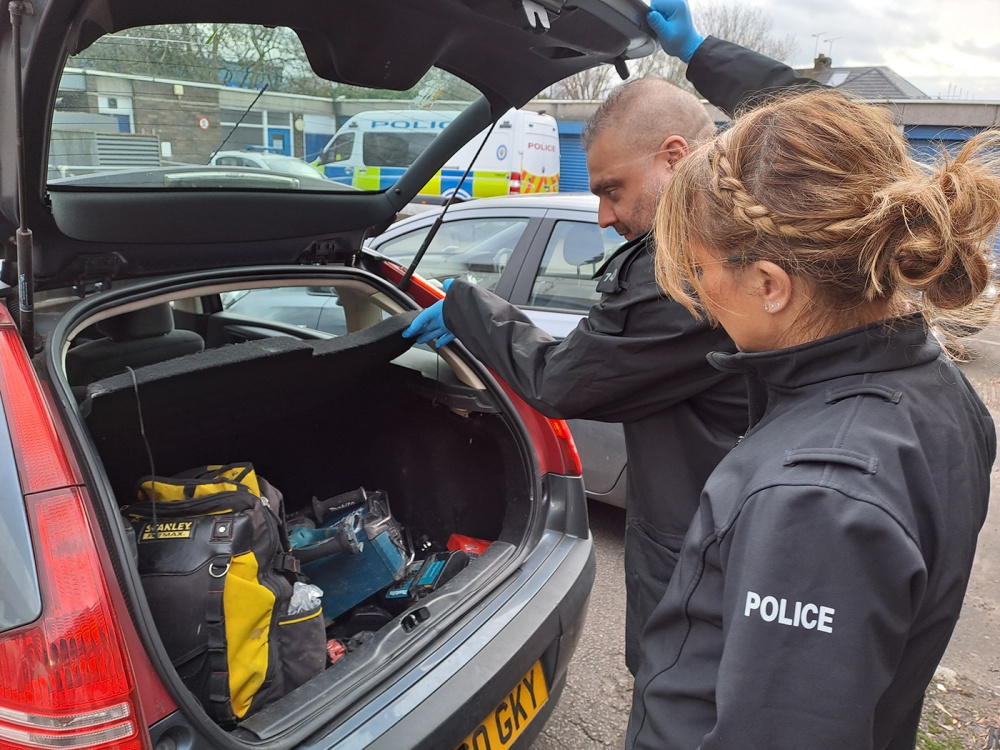West Mids mayor Andy Street pledges to adopt new boardroom racial equality scheme

West Midlands mayor Andy Street has pledged to adopt a new scheme tackling boardroom inequality, following the decision by Birmingham City Council to embrace the same initiative to tackle racial prejudice in the workplace.
The new scheme – named the RACE code – aims to encourage race equality in the boardroom and is being piloted by the West Midlands Combined Authority (WMCA), launched to coincide with Black History Month in the UK.
The RACE (Reporting Action Composition Education) Code has been designed to help organisations ensure their boards and senior leadership roles reflect ethnic diversity. It draws together more than 200 recommendations outlined in reports, charters, and pledges, which aim to tackle diversity and inclusion challenges.
 WMCA
WMCA Following the launch of the RACE Equality Code 2020, we reported yesterday that Birmingham City Council had committed to being an early adopter of the framework to tackle lack of representation in the business sector.
Developed by Dr Karl George MBE following the death of George Floyd in the United States and the global Black Lives Matter campaign, it draws together over 200 recommendations outlined in reports, charters and pledges which aim to tackle diversity and inclusion challenges
As one of the first organisations to pilot the initiative, the WMCA will help to trial the RACE Code in the West Midlands, working with others to shape the framework as it is finalised and rolled out as a free-to-download tool.
Andy Street, the Mayor of the West Midlands, said: “The diversity of our communities is a huge strength, but this is simply not reflected in boardrooms across the region. It is something I am determined to address, which is why I set up the Leadership Commission in 2017.
“Evidence shows that a lack of diversity in leadership equates to organisations missing out on local talent and diverse perspectives, which could help them to be more adaptive in these challenging times. Therefore there is a moral and economic imperative for the WMCA to help the region address this issue.
“By being an early adopter of the RACE Code, we have the chance to shape a tool which other organisations can then use to deliver the necessary change that our region needs.”
 Punch Records / CREME
Punch Records / CREME Launched in 2017, the West Midlands Leadership Commission evidenced under-representation in leadership across the public and private sectors and called for widespread action to tackle the issue.
Dr Karl George MBE, who runs Birmingham-based the Governance Forum, said: “The long-overdue need to tackle a woeful lack of racial diversity in the leadership of many of our organisations is finally getting the attention it deserves.
“Real change only happens when you are able to influence leadership – the board and executive management – and hold organisations to account. So, the focus of the RACE Code is firmly on how we deal with race inequity in the boardrooms and senior leadership teams of the UK.
“Black workers with degrees earn 23.1% less on average than white workers. In Britain, only 5.7% of black people work as managers, directors and senior officials, compared with 10.7% of white people.”
Part of the RACE code recommends four core principles to enact change in the workplace: Reporting, Action, Composition and Education.
 Supplied
Supplied Four key RACE principles for change:
- A clear commitment to be transparent and to disclose required and concise information and updates on the progress of RACE initiatives across the organisation. Openness and transparency for all stakeholders will be valued and actively pursued in order to create the environment for change.
- A list of the measurable actions and outcomes that contribute to and enable a shift in the organisation’s approach to and success in delivering change. Without a set of targets and detailed plans for their achievement, change will not happen, and organisations will not be accountable.
- Identifying the key indicators that will make a real impact over the long-term, creating tangible differences to the existing landscape around race diversity of the board and senior leadership team. The narrative around what is acceptable needs to change through dialogue, and this may lead to uncomfortable but necessary decisions which the organisation is committed to having, hearing and making.
- Developing a robust education framework that develops the ethical and moral reasoning behind a programme of development for every organisation (using the Principles). Perspectives need to be challenged and prejudices and systemic and institutional practices acknowledged.
 WMCA/BCC/IAB
WMCA/BCC/IAB Anita Bhalla OBE, co-chair of the West Midlands Leadership Commission, said: “I am pleased that the WMCA has decided to pilot the RACE Code. This new framework has the potential to drive the step-change in senior leadership across the region which our communities so markedly deserve.”
The RACE Code activity will form part of the Commission’s new action plan, which is now overseen and championed by the WMCA portfolio for inclusive communities, Councillor Brigid Jones, deputy leader of Birmingham City Council. This new phase of activity will focus on finding and testing solutions for delivering more inclusive leadership.
Cllr Jones said: “I have said before that it is the duty of any board to ask what it can do to better represent the diverse makeup of our region and hear the voices which are not in the room. Testing the RACE Code could be part of the solution.”

























